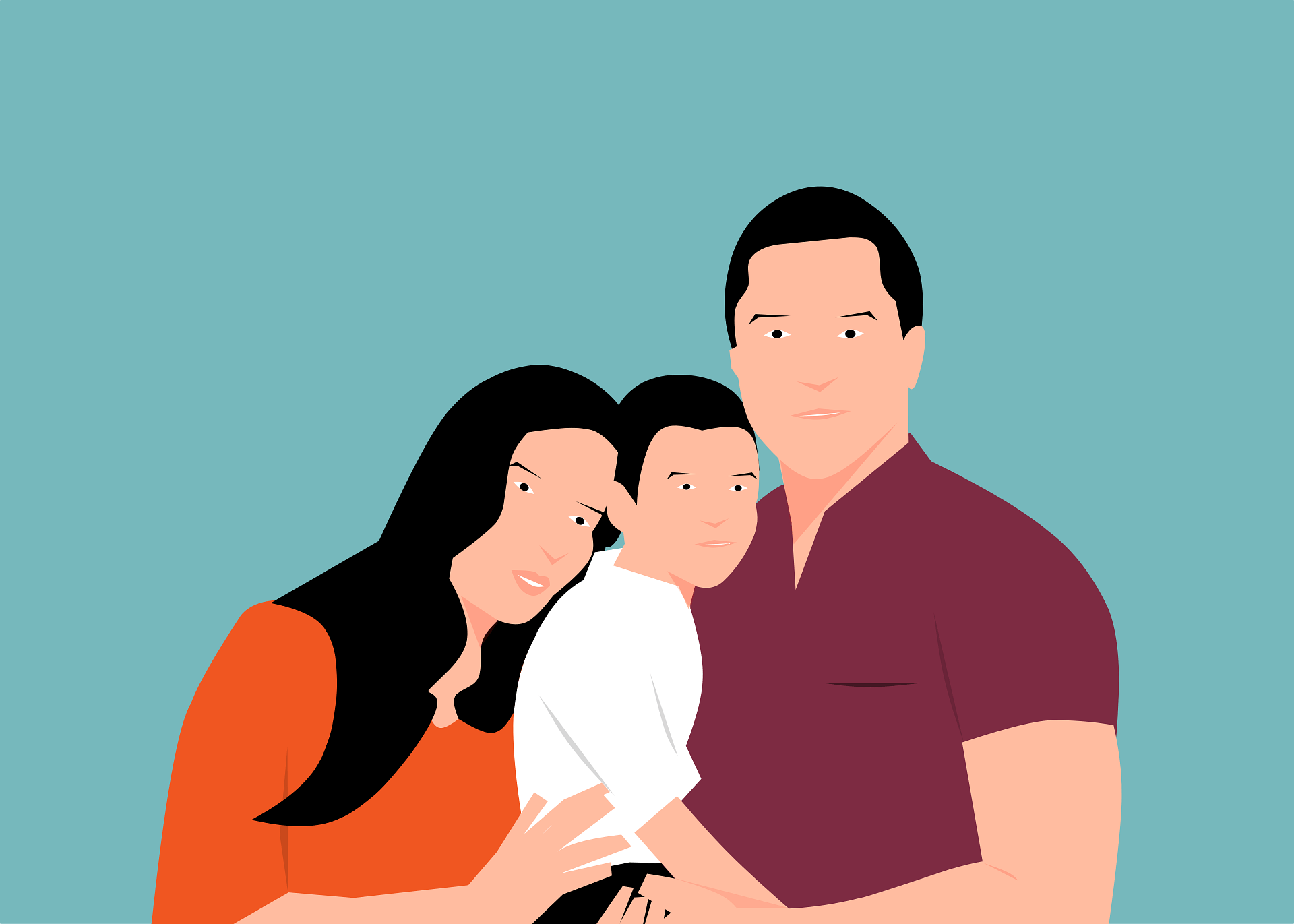“Secrecy vs. Privacy: How to Decide Who to Tell About Your Child’s ADHD”


Sometimes, an ADHD diagnosis can bring more confusion than clarity. As a parent, you may think, “Should I share the diagnosis with other adults in the family and in my child’s life? How do I know who to trust?”
You may fear possible judgments and others’ assumptions about your child or yourself. You may feel anxious, ashamed, or uncertain of who to tell or where to go for support. You may wonder if sharing the ADHD diagnosis will make your child feel badly about themselves. Or maybe it’s the opposite — you wonder if choosing to keep quiet will make your child feel like something is wrong with them.
ADHD Diagnosis: Secrecy vs. Privacy
Let’s start untangling this web of uncertainty by differentiating secrecy and privacy.
Secrecy is an intentional act of restraining or hiding information, typically because it is believed that the information is problematic and will have negative consequences out in the open. Secrecy is associated with shame. While privacy is also intentional, it is associated with empowerment, not shame. Privacy is a choice and a right. It connotes respect in that it allows one to know themselves, to have information about who they are, and then to decide with whom to share that information. For this reason, you want to disclose and discuss ADHD within the framework of your child and family’s right to privacy, while rejecting the idea of secrecy or shame.
[Read: Explaining ADHD to Your Child]
Is It Necessary? Is It Kind?
You should never keep your child’s ADHD from them. How you discuss the condition with your child will depend on their age, comprehension skills, and other factors, but the point is to speak openly about their unique brain and why they have certain challenges.
It gets trickier when deciding who to tell outside of immediate family and whether you or your child gets to make that decision. If your child is too young to consent to their diagnosis being shared, my suggestion is to think about two of Rumi’s three gates of speech before you speak: Is it necessary? Is it kind?
- Would sharing the diagnosis and explaining your child’s behaviors or needs help the person better understand your child?
- Would sharing the diagnosis help others be more successful in their interactions or relationship with your child?
- Would sharing the diagnosis open possibilities for more support without harming your relationship with your child now or in the future?
- If it is necessary to share this information, how can you convey your child’s struggles with kindness and respect? Can you include your child or teen in any way in this communication?
Prior to sharing your child’s diagnosis with someone, consider the person’s character and previous behaviors. Have you witnessed them be judgmental toward others? Do they appear to use shame as a tool or a weapon? Do they gossip frequently? Do they show an unwillingness to learn or revise their thinking in light of new information? If it’s yes to all, move on; you won’t find support and acceptance from them.
[Read: It Takes A Village — Help Other People Understand ADHD]
If you decide to share your child’s diagnosis, you should still respect your child’s privacy by directly asking the individual for discretion. Share whether you have received consent from your child or if this disclosure is your own decision. Engage in private, respectful conversation in appropriate places, not at the bus stop and other public places. Speak about ADHD in a neurodiversity-affirming manner.
Online support groups can be great places to find community, acceptance, and like-minded people. Be cautious about sharing your child’s diagnosis or struggles in ways that can make them easily identified.
As your child grows older, ask them to consider the same questions and points above to help them decide who to talk to about their ADHD. Of course, if your child decides that they do not want you to share their diagnosis with someone, you must also respect your child’s right to privacy, even if you disagree with their reasoning.
Explaining ADHD to Others: Next Steps
SUPPORT ADDITUDE
Thank you for reading ADDitude. To support our mission of providing ADHD education and support, please consider subscribing. Your readership and support help make our content and outreach possible. Thank you.
















Leave a comment